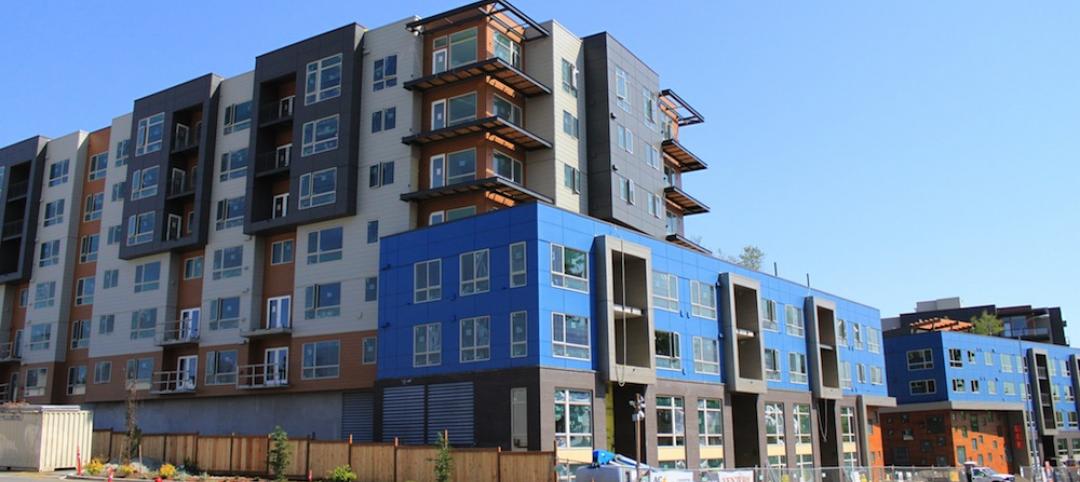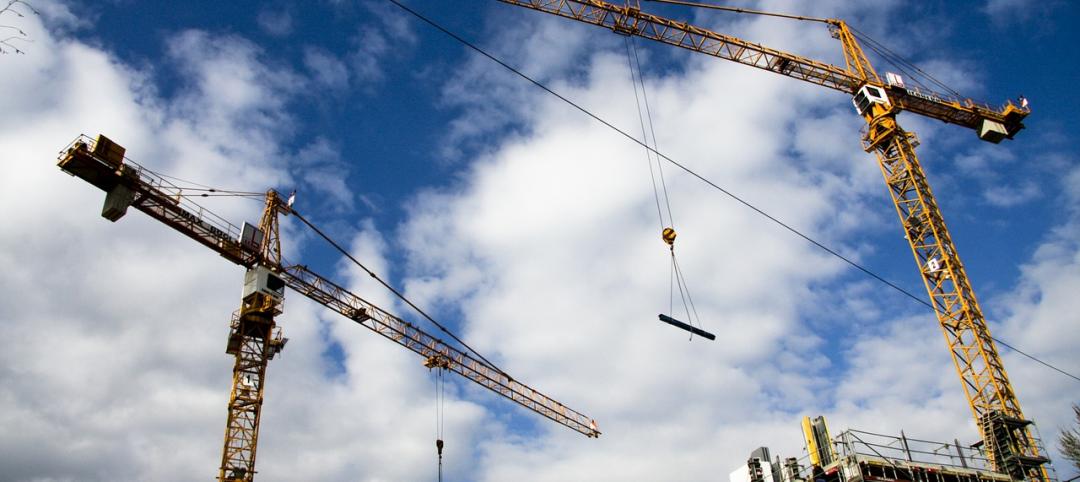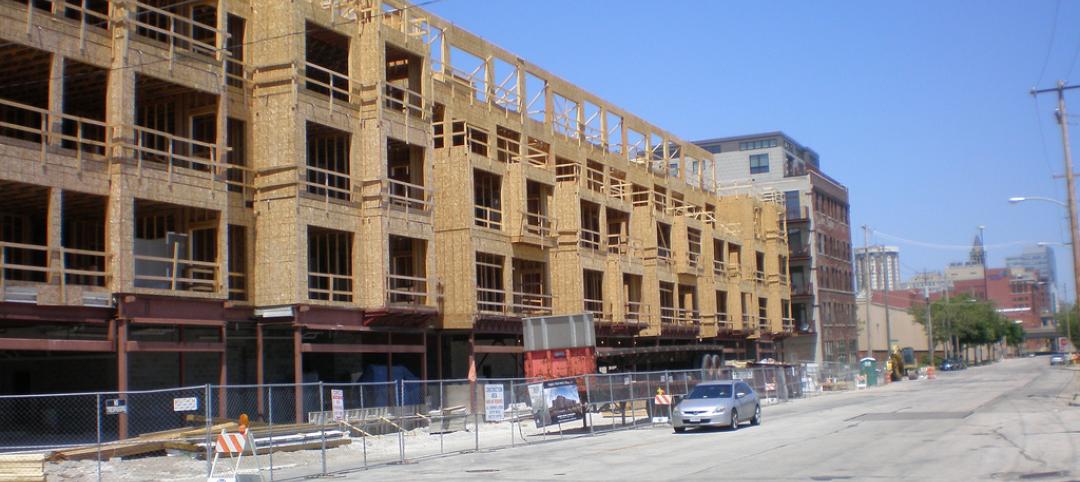Construction employment increased by 84,000 jobs in October, with jobs added in both nonresidential and residential categories, according to an analysis by the Associated General Contractors of America of government data released today. Association officials cautioned, however, that the pandemic is causing a growing number of construction projects to be canceled or delayed, according to a survey the association released in late October.
“The employment data for October is good news, but our latest survey found that only a minority of contractors expect to add to their workforce in the next 12 months,” said Ken Simonson, the association’s chief economist. “As project cancellations mount, so too will job losses on the nonresidential side unless the federal government provides funding for infrastructure and relief for contractors.”
Construction employment climbed to 7,345,000 in October, an increase of 1.2% compared to September. However, employment in the sector is down by 294,000 or 3.9% since the most recent peak in February, just before the pandemic triggered widespread project cancellations. Despite the employment pickup in October, nonresidential construction employment—comprising nonresidential building, specialty trades, and heavy and civil engineering construction—remains 262,000 jobs or 5.6% below its recent peak in February, Simonson noted.
The construction economist added that residential construction, covering residential building and specialty trade contractors, has had a stronger recovery, with employment down by just 32,000 jobs or 1.1% since February. The industry’s unemployment rate in October was 6.8%, with 674,000 former construction workers idled. These figures were the lowest since the pandemic struck but considerably higher than the October 2019 figures of 4.0% and 398,000 workers, respectively, the economist added.
In the association’s October survey, which covered more than 1,000 contractors that perform all types of nonresidential and multifamily construction, three out of four respondents reported that a scheduled project had been postponed or canceled. Only 37% of respondents expect their headcount to increase over the next 12 months. That was a sharp drop from the 75% who predicted an increase in the association’s annual Hiring and Business Outlook Survey released last December.
Association officials said they were encouraged by reports that Congress plans to consider new coronavirus relief measures before the end of the year. They noted that new measures, including investments in infrastructure, new Paycheck Protection Program flexibility and tax relief, and liability reforms will help offset the impacts of the growing number of project cancellations and delays.
“Congressional leaders understand that employers cannot afford to wait until next year for relief from the broad economic impacts of the coronavirus pandemic,” said Stephen E. Sandherr, the association’s chief executive officer. “We stand ready to work with Congress to make sure any new relief measures include new infrastructure investments, tax relief and liability reform so honest firms don’t fall victim to predatory lawyers seeking to profit from the coronavirus.”
Related Stories
Hotel Facilities | Jan 13, 2016
Hotel construction should remain strong through 2017
More than 100,000 rooms could be delivered this year alone.
Market Data | Jan 6, 2016
Census Bureau revises 10 years’ worth of construction spending figures
The largest revisions came in the last two years and were largely upward.
Market Data | Jan 5, 2016
Majority of AEC firms saw growth in 2015, remain optimistic for 2016: BD+C survey
By all indications, 2015 was another solid year for U.S. architecture, engineering, and construction firms.
Market Data | Jan 5, 2016
Nonresidential construction spending falters in November
Only 4 of 16 subsectors showed gains
Market Data | Dec 15, 2015
AIA: Architecture Billings Index hits another bump
Business conditions show continued strength in South and West regions.
Market Data | Dec 7, 2015
2016 forecast: Continued growth expected for the construction industry
ABC forecasts growth in nonresidential construction spending of 7.4% in 2016 along with growth in employment and backlog.













